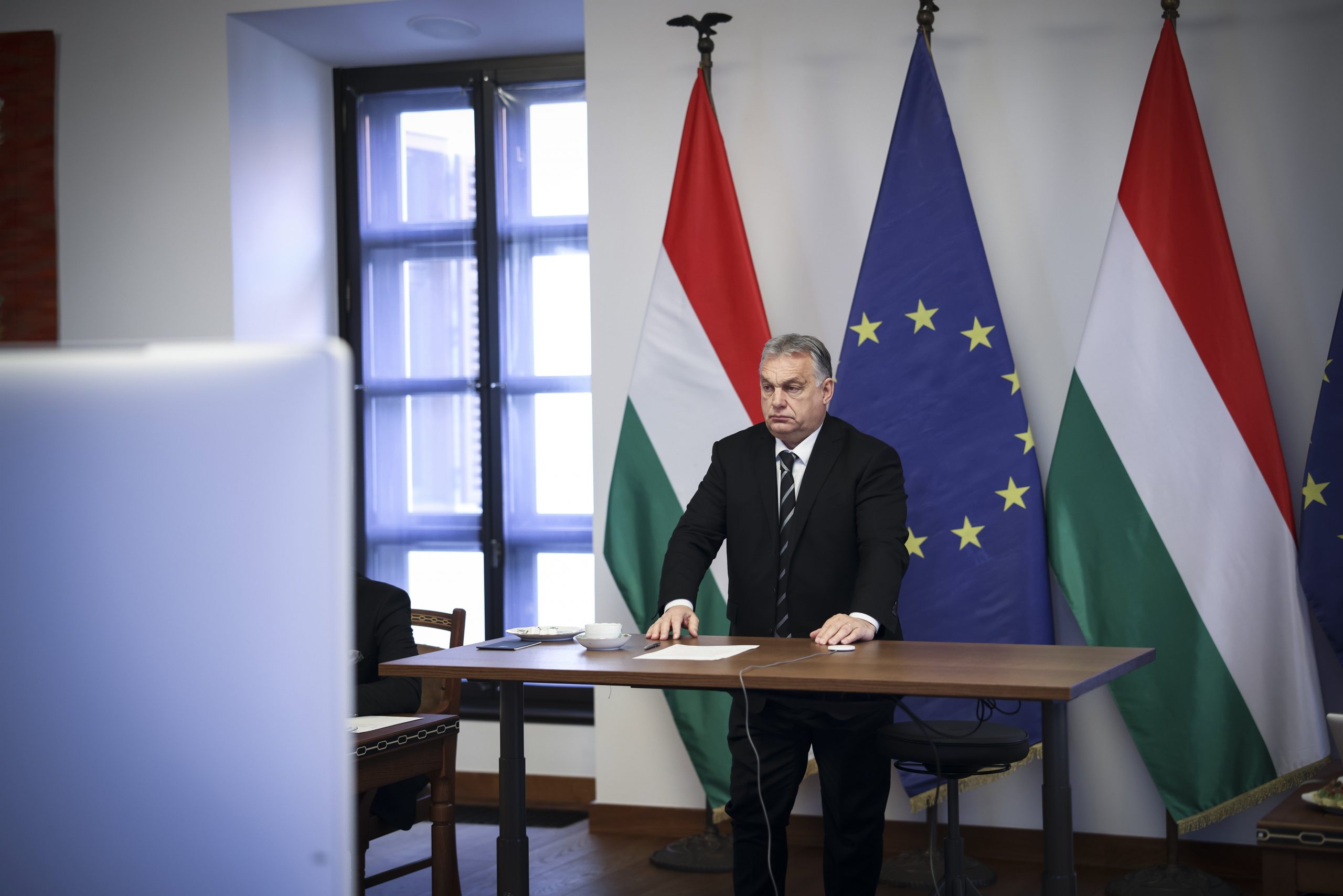
On Thursday V4 prime ministers held talks prior to the Brussels EU summit and issued a joint declaration on their standpoints concerning the main topics of the two-day summit.
As regards migration, they welcomed the fact that the EU will focus more on the protection of external borders. The paper highlighted the fact that a common European solution must be found in order for Schengen to survive, and they expect it to be signed up to by every Member State which considers itself a friend of the Schengen system.
According to the prime ministers, the most important elements which EU and Member States must provide are the complete and systematic control of external borders, and the cooperation of security services in a way which does not prevent freedom of movement.
The declaration also touched on the operation of refugee registration centres (hotspots). On this issue the signatories were of the opinion that hotspots are still not functioning properly. They expressed their hope that the centres will be established and will operate properly as soon as possible.
V4 leaders recalled that so far significant efforts have been made to protect external borders by jointly patrolling border sections on the Western Balkans refugee route.
The declaration reads that the V4 assures the European Council of its complete support in its goals for combating terrorism. In the document the Group also highlights the fact that they strongly support data exchange between security services, as well as the rapid development and common use of PNR (passenger name record) systems recording passengers’ data.
They explained that an essential element of combating terrorism would be to tighten rules on the possession and acquisition of weapons.
Regarding a potential Brexit, signatories of the declaration expressed their hope that in February 2016 a comprehensive agreement will be reached in order to avoid the UK leaving the EU. The agreement may bring about an opportunity for the renewal of the European Union, particularly in terms of increasing competitiveness and strengthening the role of national parliaments.
The countries of the Visegrád Group consider free movement of persons to be one of the basic values of the European Union, and recommendations on the subject remain the most sensitive issue for them. In this regard, in the document they have laid down that they shall not support a solution which could be discriminatory or limit free movement.

